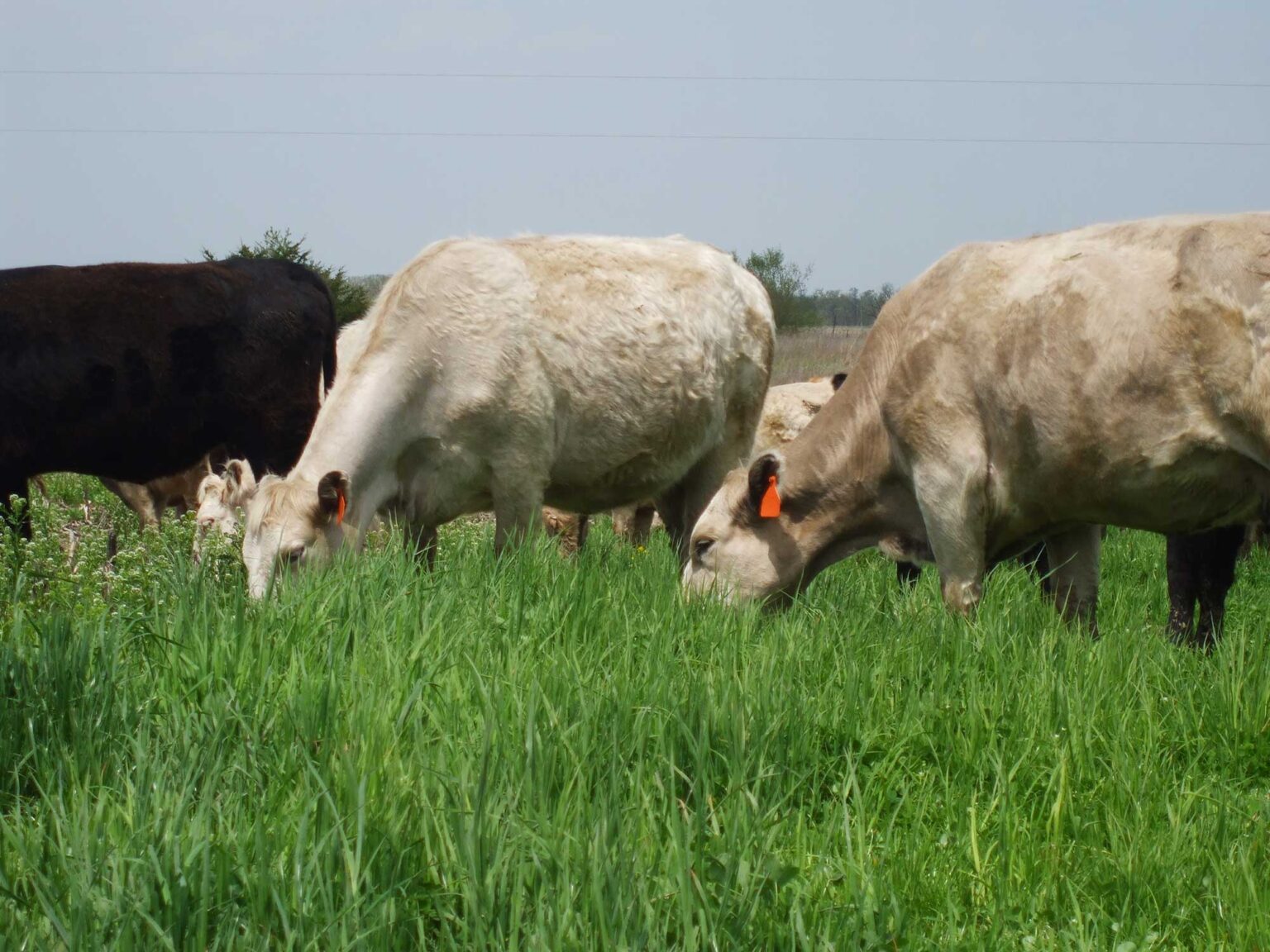Wisconsin farmers may soon have access to new grants for sustainable grazing methods under a bipartisan bill making its way through the state legislature. The program, known as the Transition to Grazing Pilot Program, is intended to improve soil health, animal welfare, and water quality by encouraging the use of rotational grazing systems.
The Senate agriculture committee of Wisconsin heard the bill on Thursday. The bill would provide technical support and grants up to $40,000 for farmers that use managed grazing systems. In the practice, the livestock are moved through smaller pastures to feed on perennial forage rather than grains, allowing fields time to recover and preventing erosion. The practice is widely recognized for its environmental benefits, including improved soil structure and reduced runoff into waterways.
The legislation, sponsored by Republican State Sen. Jesse James and Rep. Todd Novak, is bipartisan, with Democratic Sens. Brad Pfaff and Mark Spreitzer among its supporters.
An identical proposal passed the Assembly’s agriculture committee unanimously last session but failed to get through the full Legislature. The new effort aims to push the program over the finish line.
The bill outlines grant funding from the Wisconsin Department of Agriculture, Trade, and Consumer Protection, which will administer the grants. Under the program, farmers can receive funding for planting perennial forages, putting in place rotational grazing infrastructure, and obtaining technical assistance from certified grazing professionals. The program will also support farmers who are transitioning to forage-based managed grazing systems through financial incentives for the first three years of practice.
One of the most significant aspects of the bill is that it focuses on marginal lands — lands that are not economically or physically viable for conventional row crops. By making the use of those lands more attractive for managed grazing, the program aims to turn underutilized land into productive, sustainable pastureland.
Apart from individual grants, the program will also assist farmers in accessing market opportunities for forage-fed livestock products. Research, market development activities, and methods of responding to consumer demand for sustainably produced meat and dairy products will be funded.
The bill, if passed, would be a move ahead for Wisconsin’s efforts to promote sustainable agriculture and support local farmers. The transition to managed grazing aligns with broad conservation goals and offers long-term economic benefits by making farms more resilient to climate change and soil erosion.
With its strong bipartisan backing and its clear focus on environmental and economic benefits, the Transition to Grazing Pilot Program has the potential to transform livestock farming in Wisconsin. As the bill makes its way through the legislative process, backers hope that it will eventually garner the full support needed to be signed into law, opening the door to like agricultural initiatives nationwide down the line.


